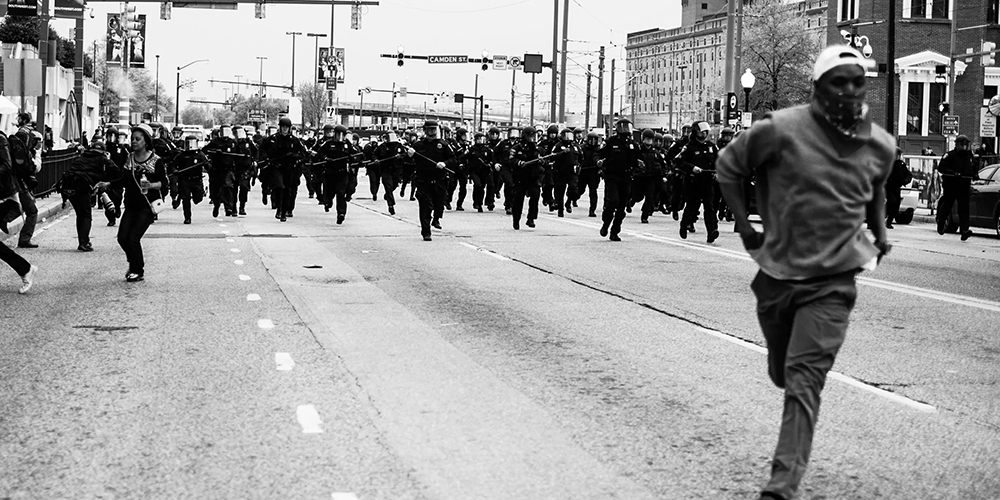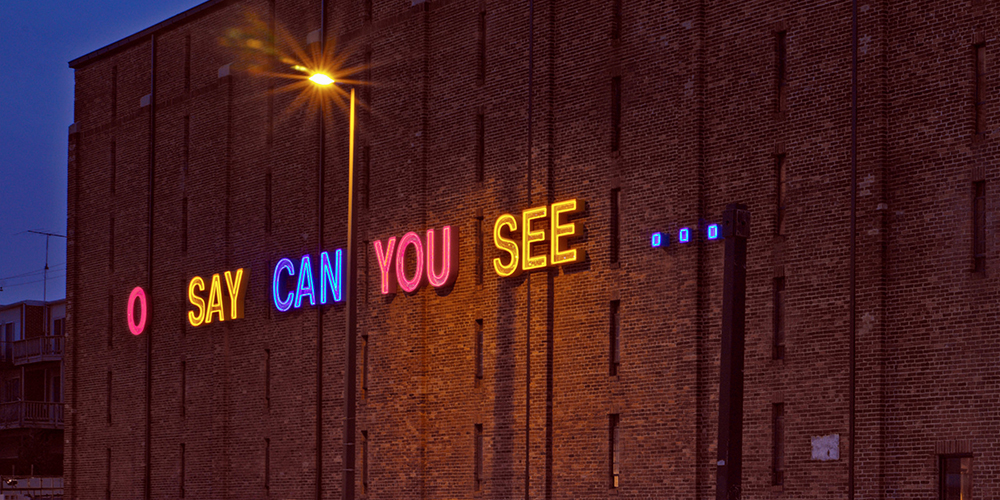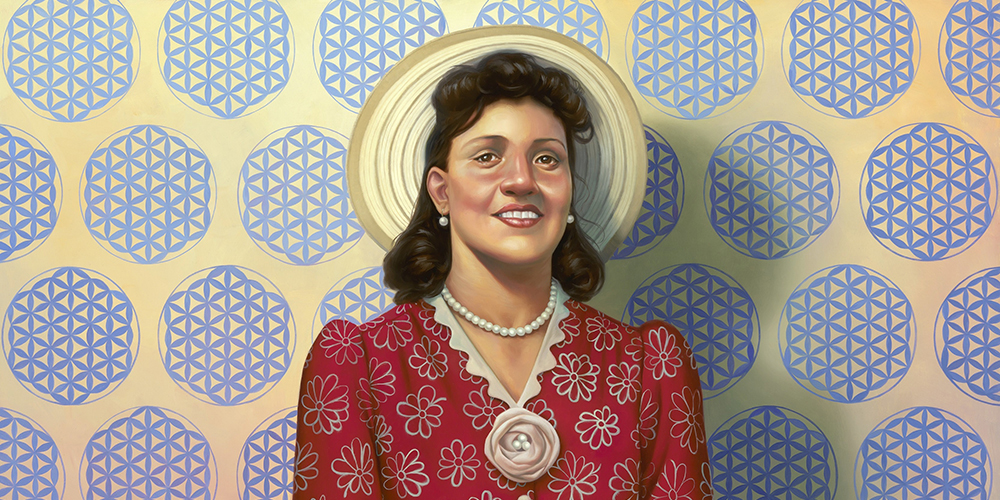Democracy
In 2022–23, CQ asks you: What is democracy?
Can friendship cultivate democracy? When is direct action called for in a democracy?
What does democratic engagement with scientific research look like?
Common Question invites the Hopkins community together around three sources that
address the question of democracy as a set of civic practices tied to larger structures of government.
Check them out, look for them around campus, and join the conversation!
Martin Luther King, Jr. “Letter From Birmingham City Jail” (1963) | Danielle Allen, “Turning Strangers into Political Friends” (2004) | Zeynep Pamuk, “On the Case for Creating Science Courts” (2022) |
 |  |  |
| “Baltimore Uprising” from A Beautiful Ghetto, | American Visionary Art Museum, Baltimore | Henrietta Lacks (HeLa):The Mother of Modern Medicine, by Kadir Nelson (2017) |
| “So the question is not whether we will be extremists, but what kind of extremists we will be. Will we be extremists for hate or for love?” | “When distrust of one’s fellow citizens pervades democratic relations, it paralyzes democracy; it means that citizens no longer think it sensible, or feel secure enough, to place their fates in the hands of democratic strangers.” | “In certain kinds of very high-risk scientific research, these decisions should be made collectively, or at least by authorized political representatives.” |
